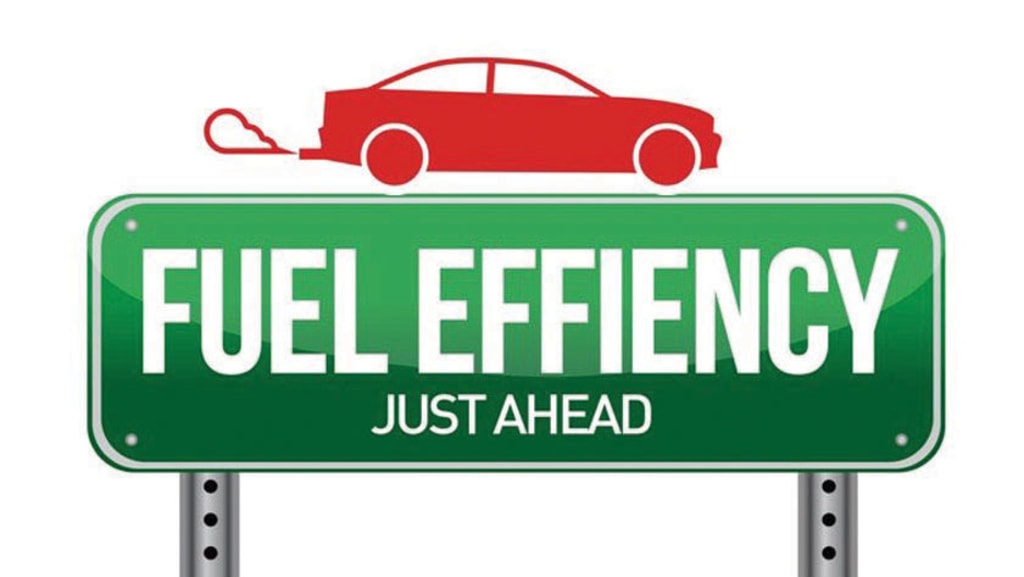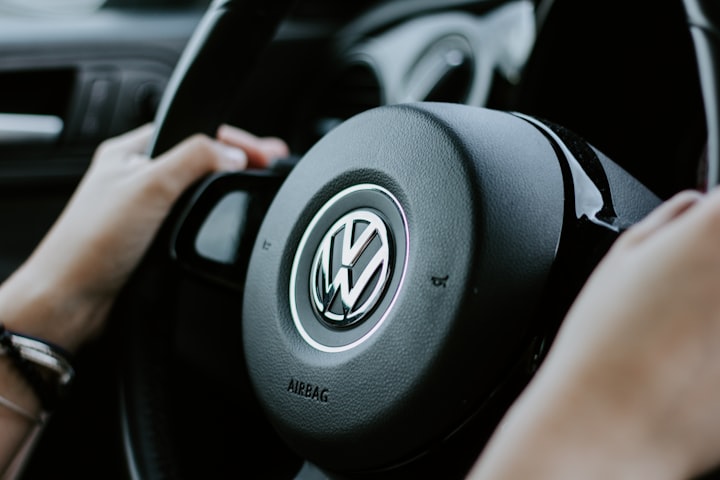Improving Fuel Efficiency of Vehicles
Simple Steps for Greater Savings

How to Increase Fuel Mileage
Today, Fuel efficiency has become a important aspect for modern vehicles. With the rising cost of fuel and the growing concerns for the environment,
it has become imperative for drivers to find ways to improve the fuel efficiency of their vehicles. Improving fuel efficiency not only saves you money,
but also helps reduce emissions and the overall carbon footprint. In this article, we'll discuss some simple steps that you can take to improve
the fuel efficiency of your vehicle and enjoy greater savings at the gas station.
Regular Maintenance
One of the most critical factors affecting the fuel efficiency of a vehicle is its maintenance. A well-maintained vehicle runs more efficiently, which results in better fuel economy.
Regular oil changes, air filter replacements are simple tasks that can make a big difference in your vehicle's fuel efficiency.
Regular tune-ups and engine checks can also help keep your vehicle running smoothly and efficiently.
Tyre Pressure checks
Based on your frequency of usage, ensure tyre pressure checks are done regularly, which predominantly helps in fuel efficiency. You can also easily feel the difference in driving when the tyre pressure is accurate.

Avoid Excessive Idling
Excessive idling is one of the biggest contributors to poor fuel efficiency. Idling your vehicle for more than 10 seconds consumes more fuel
than restarting the engine. In addition, idling can also release harmful emissions into the environment.
To avoid excessive idling, turn off your engine when you're stopped for more than 10 seconds. You can also reduce idling time by using drive-thru windows instead of waiting in line or planning your trips to avoid heavy traffic and long idle times.
Drive Efficiently
Driving style can have a significant impact on fuel efficiency. Aggressive driving, such as speeding, rapid acceleration, and hard braking, can increase fuel consumption by up to 33%.
To drive efficiently, maintain a consistent speed, avoid sudden acceleration and deceleration, and use cruise control whenever possible.
Try to maintain a constant speed while driving your vehicle and don't fluctuate the speed frequently.
Also never press the clutch , when you are driving at a constant speed.
Reduce Weight
The weight of your vehicle has a direct impact on fuel efficiency. The heavier the vehicle, the more fuel it requires to move. To reduce weight, remove any unnecessary items from your vehicle, such as roof racks, ski racks, and extra equipment. This can reduce the weight of your vehicle and improve fuel efficiency.
Use Fuel-Efficient Tires
Tire type and inflation also play a crucial role in fuel efficiency. Fuel-efficient tires are designed to reduce rolling resistance, which results in better fuel economy. Make sure to keep your tires properly inflated to the manufacturer's recommended level, as under-inflated tires can increase fuel consumption by up to 3%.

Use High-Quality Fuel
Using high-quality fuel is another important factor in improving fuel efficiency. Low-quality fuel can cause engine deposits, which can reduce fuel efficiency and power. To ensure that you're using high-quality fuel, purchase gasoline from reputable suppliers and opt for premium gasoline, as it contains more detergents that help keep your engine clean.
Avoid Overloading
Overloading your vehicle can also negatively impact fuel efficiency. A heavier load requires more fuel to move, so avoid carrying any unnecessary items in your vehicle.
If you need to transport heavy items, make sure to distribute the load evenly and secure it properly to avoid excessive weight on one side of the vehicle.
Avail Public Transport
Make use of public transport whenever possible, as it would minimize the usage of fuel for your vehicle. Also, if you are travelling alone, use a 2-wheeler instead of 4-wheeler to save fule.
Buy Fuel Efficeint Vehicles
When you buy a new vehicle, ensure fuel efficiency guaranteed by the manufacturer. Just don't go behind high end vehicles which provide very less mileage.
Improving fuel efficiency is a simple task that can result in significant savings at the pump. Regular maintenance, efficient driving, reducing weight, using fuel-efficient tires, using high-quality fuel, and avoiding overloading are all easy steps you can take to improve the fuel efficiency of your vehicle. By making these small changes, you can save money, reduce emissions, and help protect the environment
About the Creator
Arun Ramasamy
Nature Lover, Just go with the flow, techno freek.
Do what you can.. don't when you cannot.






Comments
There are no comments for this story
Be the first to respond and start the conversation.